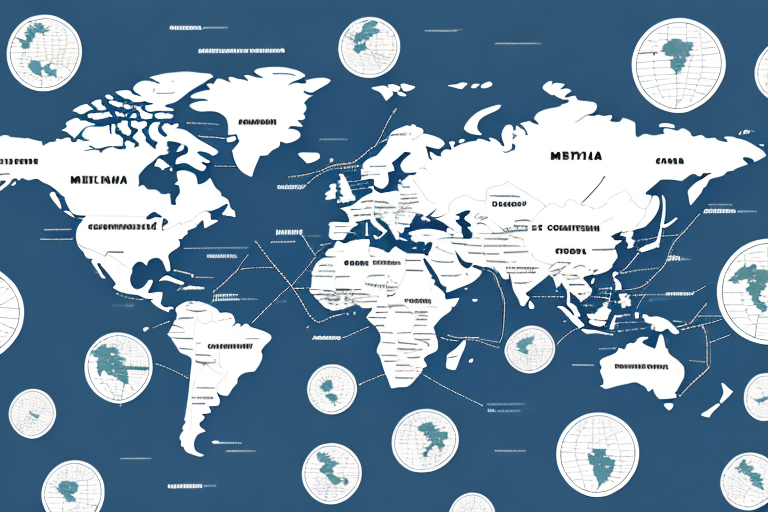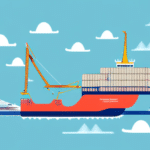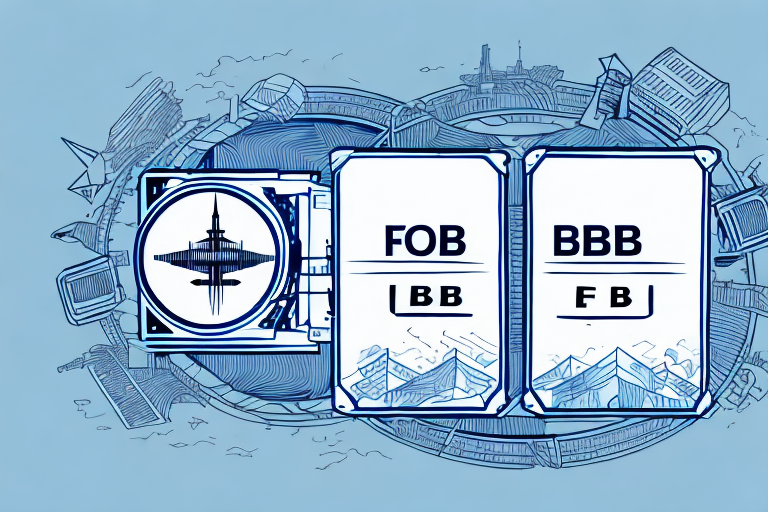Introduction to FOB Destination Shipping
International shipping is a complex landscape with specialized terminology and processes. One such term frequently encountered is FOB Destination. This article provides an in-depth analysis of FOB destination shipping, its impact on business operations, and the legal and logistical considerations involved.
Understanding FOB Destination Shipping
Definition and Basics
FOB, or "Free on Board," defines the point at which the responsibility for goods transfers from the seller to the buyer. In FOB Destination contracts, the seller bears the cost and risk until the goods reach the specified destination.
Differences Between FOB Origin and FOB Destination
While FOB Destination places the responsibility on the seller until delivery, FOB Origin assigns responsibility to the buyer once the goods are shipped. Understanding these distinctions is crucial for businesses to manage their shipping responsibilities effectively.
Legal Implications of FOB Destination Contracts
FOB Destination contracts have specific legal ramifications, including liability for damage or loss during transit and compliance with international trade laws. It's essential to consult with legal experts to navigate these complexities. According to the International Chamber of Shipping, clear contractual terms can mitigate potential disputes.
Benefits and Drawbacks of FOB Destination Shipping
Advantages for Businesses
- Reduced Risk: Sellers retain responsibility, lowering the buyer's risk during transit.
- Enhanced Customer Satisfaction: Ensures goods arrive safely and on time, fostering trust.
- Flexible Shipping Options: Sellers can negotiate better rates, potentially reducing overall costs.
Potential Limitations
- Higher Initial Costs: Sellers may face higher shipping costs due to extended responsibility.
- Extended Responsibility: Sellers are liable longer, necessitating robust logistics management.
Managing FOB Destination Shipping
Calculating Shipping Costs
Shipping costs under FOB Destination involve several factors, including transportation mode, distance, weight, and additional services such as insurance. Utilizing freight forwarders can aid in obtaining accurate cost estimates. According to ShipScience, accurate cost calculation can reduce unexpected expenses by up to 15%.
Choosing the Right Freight Forwarder
Selecting a reliable freight forwarder is critical. Consider their experience, network of carriers, and ability to handle documentation to ensure seamless shipping operations. Reviews and industry certifications, such as those from the Airlines Cargo International, can guide this decision.
Negotiating FOB Destination Contracts
Effective negotiation involves clearly defining responsibilities, setting expectations for delivery times, and outlining procedures for handling damages or delays. Leveraging data from previous shipments can strengthen your negotiation position.
The Role of Insurance
Insurance safeguards against potential losses during transit. Businesses should evaluate options like cargo insurance and liability coverage to protect their shipments adequately. According to InsureCargo, comprehensive insurance can cover up to 99% of transit-related losses.
Challenges and Solutions in FOB Destination Shipping
Common Challenges
- Delays in transit due to customs or logistical issues.
- Risk of damage or loss despite seller's responsibility.
- Complex documentation requirements.
Strategies to Overcome Challenges
- Partner with experienced logistics providers to navigate complexities.
- Implement robust packaging standards to minimize damage risks.
- Ensure thorough documentation and compliance with international regulations.
Customs and Documentation in FOB Destination Shipping
Proper customs clearance is vital. This involves accurate documentation such as commercial invoices, packing lists, and certificates of origin. Working with knowledgeable customs brokers can facilitate smooth international transactions. The U.S. Customs and Border Protection provides guidelines to streamline the process.
Future Trends in FOB Destination Shipping
The international shipping industry is evolving with trends like automation, increased emphasis on sustainability, and the integration of digital technologies. According to a 2023 report by McKinsey, automation in shipping logistics is expected to reduce operational costs by 20% over the next five years. Staying updated on these trends can help businesses adapt and maintain a competitive advantage.
Conclusion
FOB Destination shipping plays a pivotal role in international trade. By understanding its intricacies, benefits, and challenges, businesses can effectively manage their shipping operations, ensure successful delivery of goods, and enhance their overall supply chain efficiency. Partnering with experienced logistics providers and staying informed about industry trends are key to leveraging the full potential of FOB Destination shipping.








